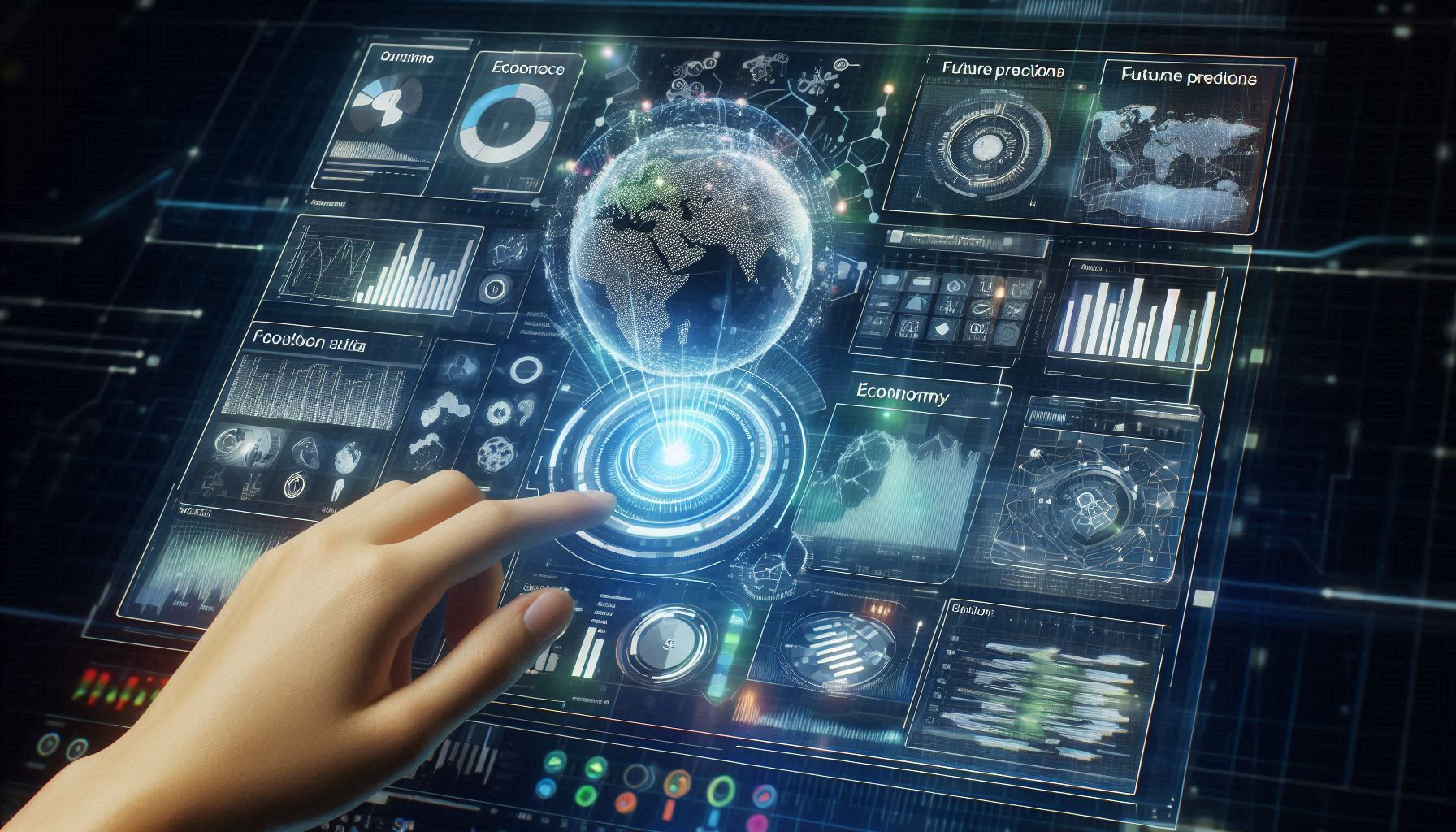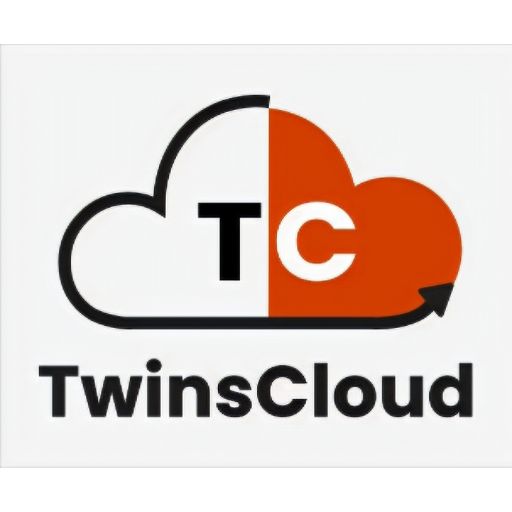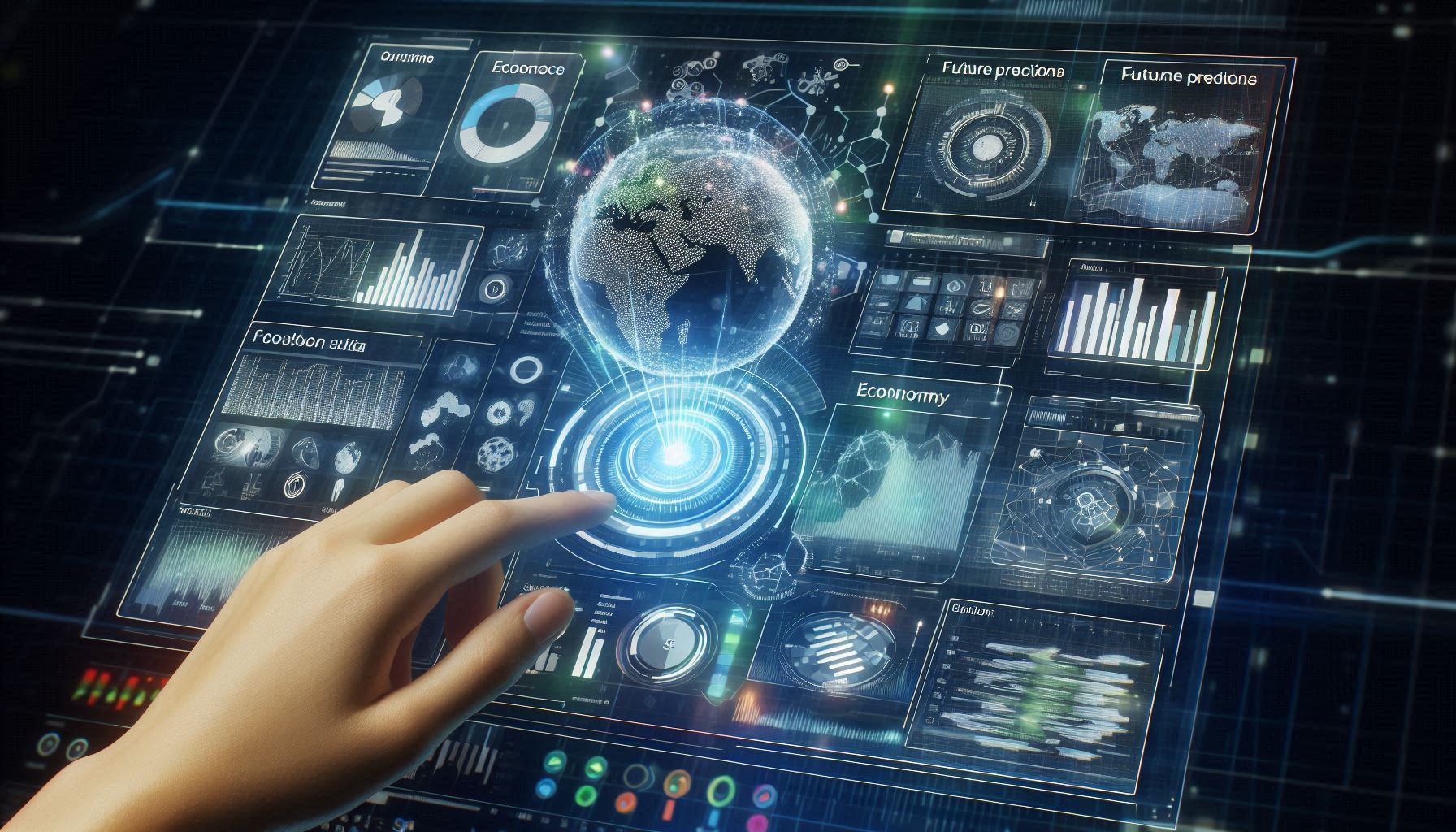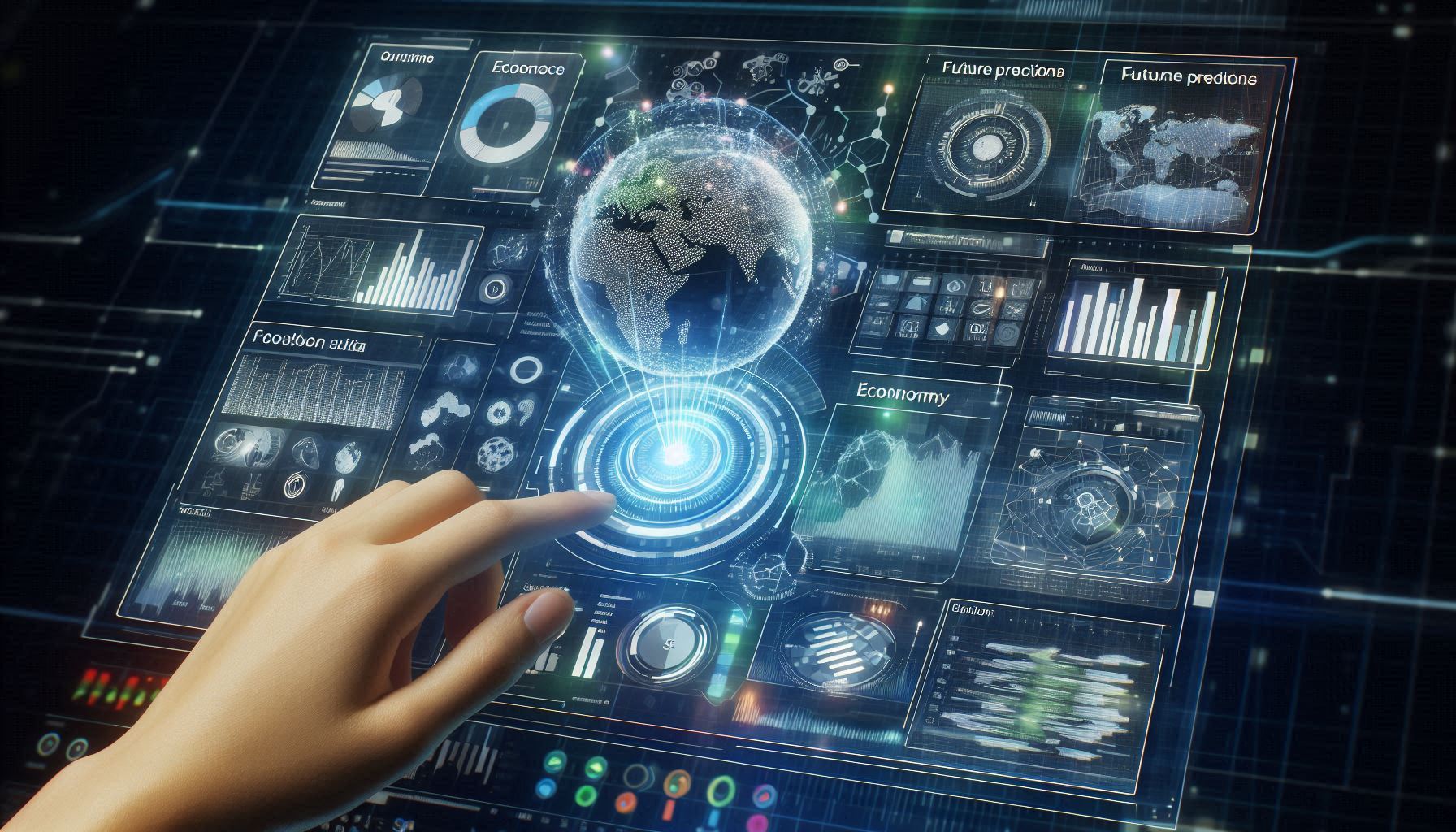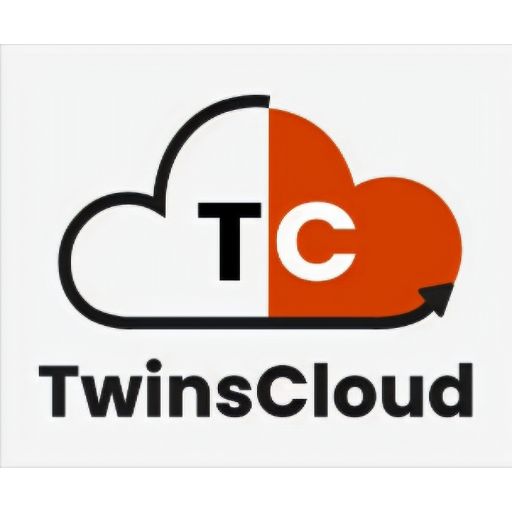In the rapidly evolving landscape of the future of work,
Artificial Intelligence (AI) is not just a trend—it's a transformative force
reshaping how we engage in our jobs. From increasing productivity to fostering
innovation, AI is revolutionizing workplaces worldwide. However, as we embrace
these advancements, we must address crucial questions about how to ensure these
changes are sustainable, equitable, and ultimately fulfilling for
everyone involved. Let’s dive into the incredible opportunities AI presents, as
well as the challenges we face in this new era.
The Bright Side: How AI Can Help Us
AI is making waves across various sectors, and its positive
impacts are profound. Here are some key benefits that demonstrate AI’s
potential in the workplace:
- Boosting
Efficiency: Imagine having a smart assistant that handles repetitive
tasks. AI automates these jobs, allowing employees to focus on creative
problem-solving and strategic thinking, leading to increased workplace
productivity.
- Sparking
Innovation: With its ability to analyze vast amounts of data quickly,
AI helps organizations uncover new insights and solutions. This capability
drives innovation, allowing companies to stay competitive in an
ever-changing market.
- Creating
Personalized Experiences: Ever wondered how platforms like Netflix and
Amazon know what you want to watch or buy? That’s AI at work! By
understanding user preferences, businesses can deliver highly personalized
customer experiences, enhancing satisfaction and loyalty.
- Facilitating
Learning: Continuous skill development is crucial in today’s
fast-paced job market. AI can tailor training programs to individual
learning styles, helping employees acquire new skills relevant to their
evolving roles and ensuring they remain competitive.
- Encouraging
Flexibility: AI technologies enable seamless remote collaboration and
flexible work arrangements. As hybrid work models become the norm, AI
tools keep teams connected and productive, regardless of their location.
The Flip Side: Challenges We Must Face
While AI offers remarkable benefits, it also presents
significant challenges that require our attention:
- Job
Displacement: One of the biggest concerns is that AI could replace
certain jobs, leading to unemployment. To counter this, we must prioritize
reskilling and upskilling initiatives to help workers transition
into new roles.
- Ethical
Dilemmas: The rise of AI brings ethical questions around data privacy
and algorithmic bias. It’s essential to develop transparent AI systems
that ensure fairness and maintain public trust.
- Human-Machine
Collaboration: AI should complement human abilities, not replace them.
Promoting effective collaboration between humans and machines is vital to
harnessing the full potential of AI in the workplace.
- Mental
Health Considerations: The fast pace of technological change can lead
to stress and burnout among employees. Balancing productivity with mental
well-being is critical for fostering a healthy work environment.
- Economic
Disparities: If access to AI tools remains limited, we risk widening
the gap between those who can benefit from AI and those who cannot.
Ensuring equitable access to AI technology is essential for inclusive
growth.
Creating Sustainable AI-Powered Workplaces
To build a future where AI enhances our work lives for
everyone, we must take thoughtful steps:
- Investing
in Education: Collaboration among businesses, educational
institutions, and governments is vital to provide training programs that
equip the workforce with AI-relevant skills. Lifelong learning will be key
to adapting to rapid changes in the job market.
- Establishing
Ethical Standards: Clear guidelines for ethical AI development and use
are crucial. This includes addressing bias, ensuring transparency, and
protecting user privacy to foster trust in AI systems.
- Championing
Diversity and Inclusion: Diverse teams are more likely to create fair
and effective AI systems. Embracing different perspectives will help us
build AI solutions that serve all users equitably.
- Prioritizing
Human-Centered Design: AI should enhance the human experience at work.
By focusing on user needs, we can create technologies that support and
empower employees rather than hinder them.
- Continuous
Monitoring and Adaptation: Organizations must regularly assess the
impact of AI on their workforce. Being open to feedback and making
necessary adjustments will help address emerging challenges effectively.
Real-World Examples of AI in Action
Let’s look at some notable examples of AI's impact across
different industries:
Healthcare: AI is transforming diagnostics and
patient care, helping doctors make faster and more accurate decisions. While
these advancements improve healthcare outcomes, we must remain vigilant about
ethical data use.
Finance: In finance, AI systems enhance fraud
detection and risk assessment. However, financial institutions need to maintain
transparency to uphold customer trust and ensure fair practices.
Manufacturing: AI in manufacturing is streamlining
processes and boosting productivity. Yet, it’s crucial to invest in upskilling
programs to prepare workers for the new roles that AI creates.
Conclusion
The rise of AI in the workplace presents both incredible
opportunities and significant challenges. By focusing on sustainability,
equity, and human-centered practices, we can create work environments where
everyone thrives. Collaboration among businesses, educators, and policymakers
is essential to ensure that the benefits of AI are accessible to all.
As we look to the future, let’s strive to build a world
where AI not only boosts productivity but also enriches our experiences at
work. Together, we can create workplaces that are efficient, innovative, and
fulfilling for everyone, paving the way for a brighter future in the age of AI.
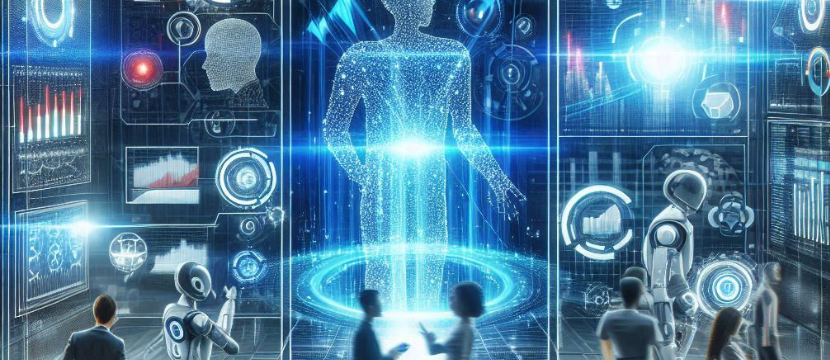
 By An AI Enthusiast
By An AI Enthusiast

